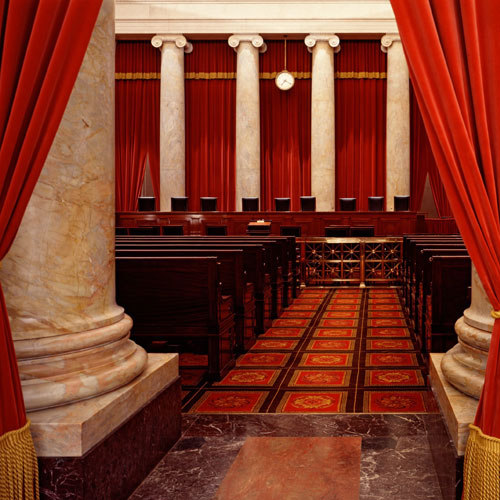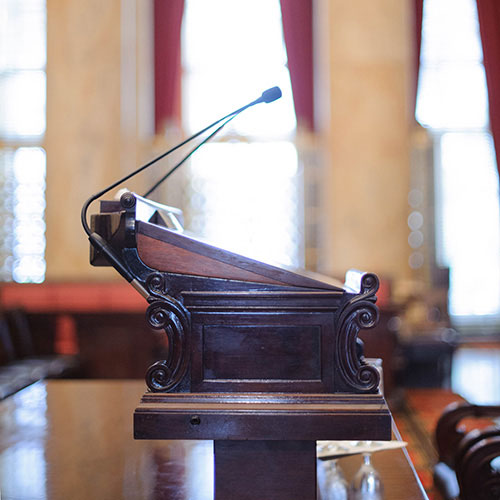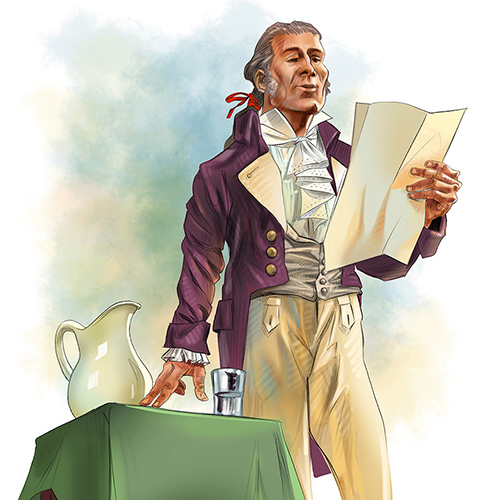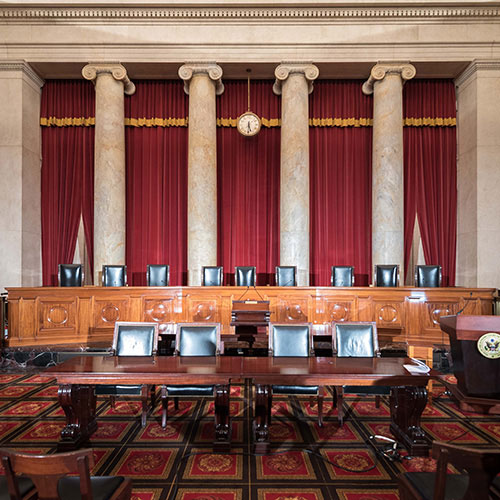To succeed Jay, President Washington chose John Rutledge, a South Carolinian who had earlier served as an Associate Justice on the Court. Washington noted that Rutledge would receive his temporary commission when he arrived in Philadelphia to attend the Supreme Court’s term in August. His appointment would not become permanent, however, until Congress reconvened in the fall and the Senate confirmed him.
On July 16, 1795, probably before hearing from the President, Rutledge made a serious political blunder that cost him dearly. In a meeting at St. Michael’s Church in Charleston, Rutledge joined other South Carolinians on the speaker’s platform and made a lengthy speech denouncing the provisions of the Jay Treaty as being so favorable to British interests that he would rather the President die than sign it. The treaty’s outraged partisans exaggerated the reports of Rutledge’s political slight to Washington’s administration, which backed the treaty, and circulated rumors of his mental unbalance. They demanded Rutledge not be given his temporary commission as Chief Justice. The President kept his word, however, and Rutledge presided over the August term of the Court as a recess appointee.
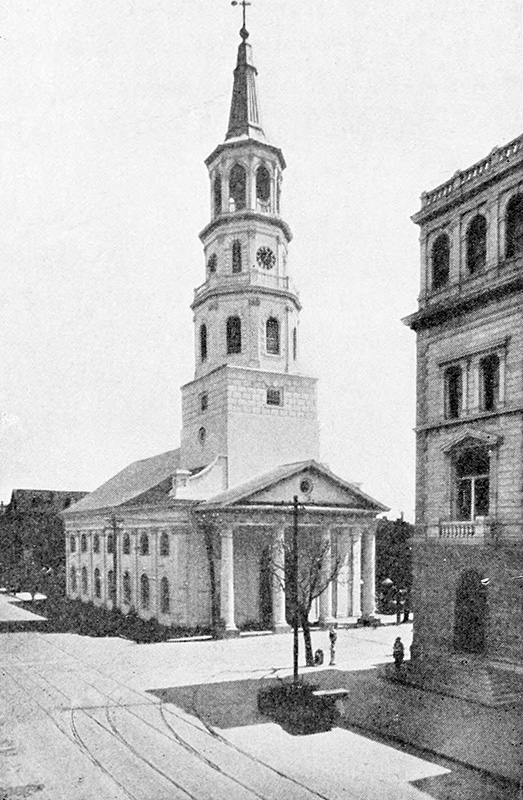
When the Senate met in December, it rejected his permanent appointment by a vote of 14-10. The Philadelphia Aurora, a Republican newspaper, denounced his rejection as purely political. “It is the first instance in which [the Senate has] differed from [the president] in any nomination of importance, and what is remarkable in this case, is that the minority of the members on the Treaty were the minority on this nomination.”
